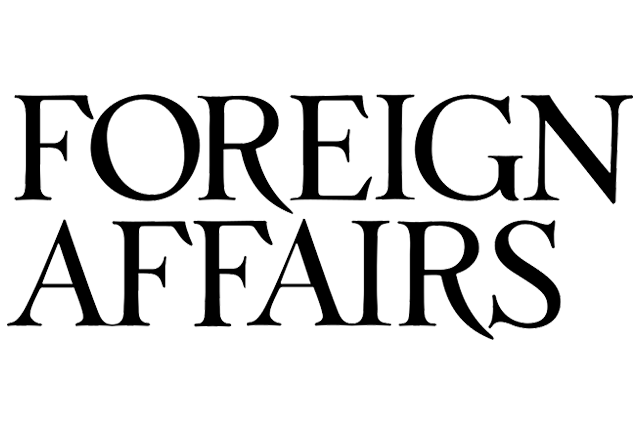-

Hear from Monica Toft, Academic Dean
Learn how Monica Toft, Academic Dean, is shaping the study of global affairs and diplomacy at Fletcher.
Hear from Prof. Toft -

Explore Fletcher academics in action
Fletcher Features offers insights, innovation, stories and expertise by scholars.
Get global insights -
Get application tips right from the source
Learn tips, tricks, and behind-the-scenes insights on applying to Fletcher from our admissions counselors.
Hear from Admissions -

Research that the world is talking about
Stay up to date on the latest research, innovation, and thought leadership from our newsroom.
Stay informed -
Meet Fletcherites and their stories
Get to know our vibrant community through news stories highlighting faculty, students, and alumni.
Meet Fletcherites -

Forge your future after Fletcher
Watch to see how Fletcher prepares global thinkers for success across industries.
See the impact -

Global insights and expertise, on demand.
Need a global affairs expert for a timely and insightful take? Fletcher faculty are available for media inquiries.
Get in Touch
The Net Zero Trap
Kelly Sims Gallagher explains that in order to avoid intolerable climatic disruption, global leaders need to focus more attention on short-term climate goals.

"As more countries pledge to reduce their greenhouse gas emissions to zero by midcentury, one could be forgiven for thinking that the world is finally making real progress on climate change. In total, 132 countries, representing about two-thirds of global emissions, have set net-zero targets. Many major emitters—including Japan, the United States, and Europe—have pledged to reach net zero by 2050, and China has promised to do so by 2060.
The current political fixation on pledges to reach net zero in the long term, however, is distracting from the immediate and tangible steps countries should be taking to reduce their emissions. Of the 132 countries with net-zero targets, only 12 have enshrined them in legislation, and just four others are considering doing so. For the remaining 116 countries, net-zero targets are mostly untethered from concrete domestic policies that would allow them to reach their goal. In some cases, the targets may even do more harm than good because they relieve political pressure on leaders for short-term action.
The upcoming UN Climate Change Conference in Glasgow, known as COP26, must focus on holding countries accountable for implementing policies that begin cutting emissions in the short term. To avoid intolerable climatic disruption—such as the massive wildfires and more powerful hurricanes the world experienced this year—global emissions must peak by 2025 and then bend downward on the path to net zero. That will be possible only if politicians take action now rather than hiding behind gauzy commitments to change in the distant future."

